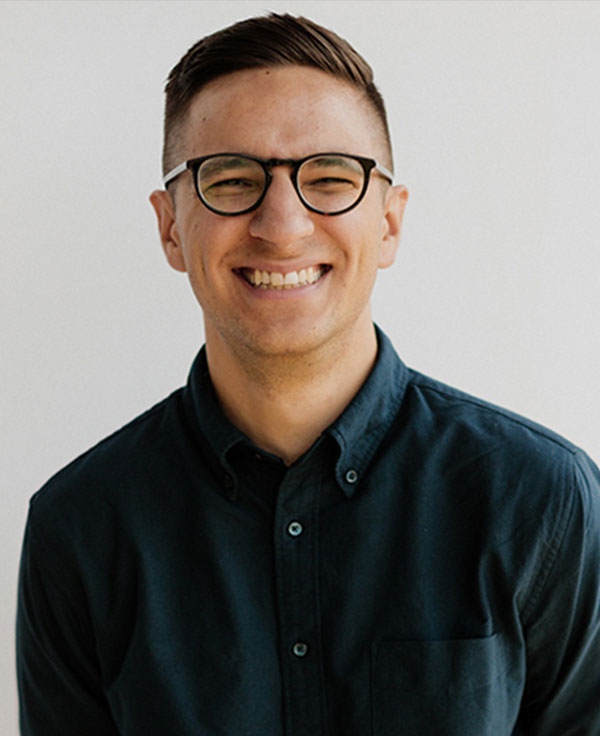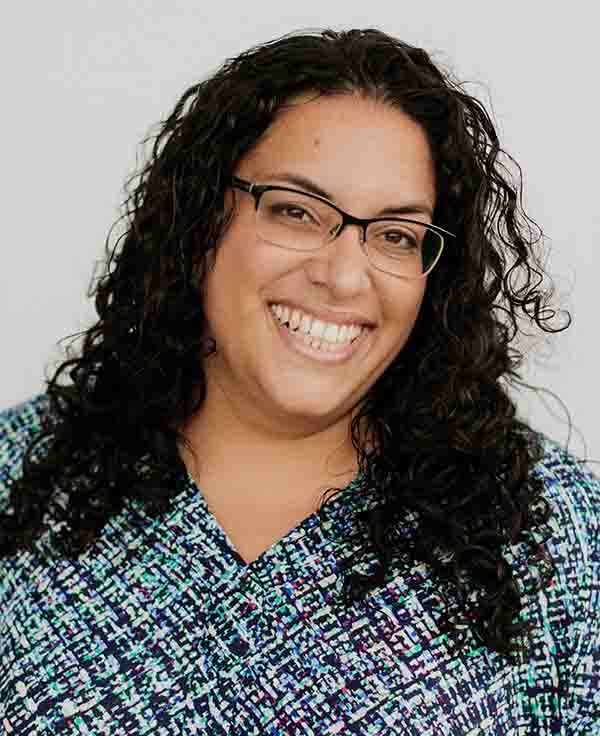

First, let’s set the stage – let’s say an organization is at the point in its DEI journey where team members understand how everyone is susceptible to implicit bias. As a next step, leadership is preparing to run a series of staff development sessions on identifying and interrupting microaggressions. Sounds reasonable enough, right?
Pause, though – this is the very moment at which we’ve ironically seen even the most thoughtful leaders cause additional harm.
In a well-intentioned effort to enhance the session with meaningful examples, leaders ask team members with historically marginalized identities to share microaggressions they’ve experienced in the workplace. The person who experienced or is closest to the harm is asked to replay it for their colleagues – often in an open forum or in writing and is often also asked the ‘natural’ follow-up of giving advice to the organization and their colleagues on how to do better.
We all know that training grounded in lived experiences can absolutely be more compelling and more effective than one with generic examples – or no examples at all. However, if we choose to ask Black and Brown folx, or others with marginalized identities, to consider reliving moments of harm for the learning of their colleagues, we must also be aware of the potential impacts – and intentionally work to avoid creating additional harm. Here are some considerations:
First, do no (additional) harm
Be mindful of not compounding harm when trying to address harm. When we reference harm in this context we’re thinking of adrienne maree brown’s definition: “the suffering, loss, pain, and impact that can occur both in conflict and in instances of abuse, as well as in misunderstanding steeped in differences of life experience, opinion, or needs.” For some people, reliving and sharing the experience of a microaggression may recreate the pain they felt — or still feel. Educating people who may have perpetuated the harm or been passive bystanders likely requires emotional and psychological labor for a person with historically marginalized identities. Even with the best intentions in pursuit of education and inclusion, there are disproportionate risks for those living with the everyday burdens of bias and discrimination.
Create conditions for real consent
When asking Black and Brown colleagues, or staff with other historically marginalized identities, to share their experiences, be mindful of authentic consent. Can the person say no without negative consequences? Can they define the conditions or parameters necessary for them to feel comfortable sharing these experiences? Can they say yes to sharing in one format or at one time but not another? Are they given time to decide whether they want to participate or do they feel pressure to decide in the moment? If the person asking has significant hierarchical power, does that person recognize that the person being asked might feel pressure to agree or fear repercussions for not agreeing? Finally, be mindful of creating conditions for authentic informed consent as described in our July 2020 blog post: Ring the Alarm: When the “Burden Alert” Sounds, Think Informed Consent.
Acknowledge time and energy
Make sure that potential participants understand how much time their contributions might take, the specific goals and audience of any training, and the potential benefits and drawbacks of their participation. Give options that take different amounts of time and energy, including having a trusted person retell the experience on the speaker’s behalf. Consider whether compensation is available, or whether work can be taken off someone’s plate to create the necessary space within a normal workload to prepare for the training. Consider asking what the person needs to participate and feel meaningfully remunerated.
Consult other resources
In the 54Hub, our free online resource library, we offer real-life microaggression testimonials. We gathered short audio recordings of people sharing microaggressions they’ve experienced in the workplace (and compensated them for their time and effort). These testimonials can be used instead of or in addition to examples from teammates, and the resource is accompanied by guiding questions to consider discussing with your team.
With intentional consideration and awareness, it’s possible to prepare a training that’s real enough to be applicable but doesn’t create additional harm along the way. In our work at Promise54, we see that the more an organization navigates these moments without recreating harm, the stronger trust, psychological safety, and ultimately organizational culture becomes.
XIOMARA PADAMSEE
Founder & Chief Executive Officer
She/Her/Hers
Contact Xiomara: xiomara@promise54.org
ANDREW GREENIA
Senior Associate
He/Him/His
Contact Andrew: andrew.greenia@promise54.org
